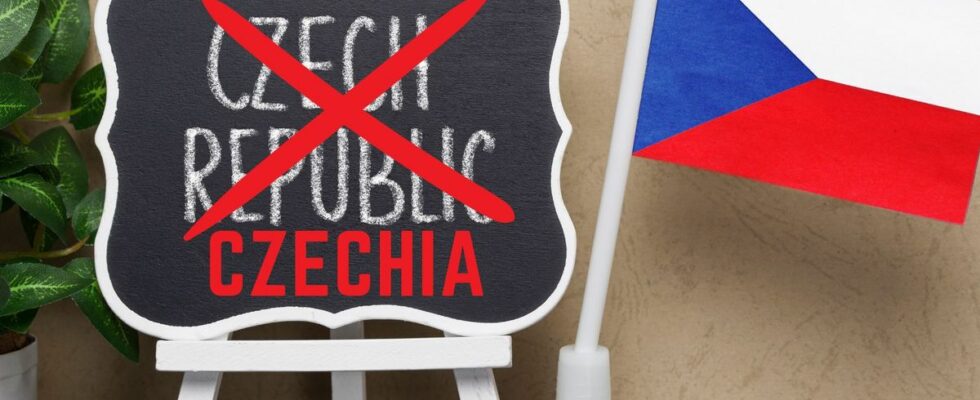Don’t be surprised, next May 13, when the members of the group Vesna will perform on the Eurovision stage. They will represent the “Czechia”, and no longer the “Czech Republic”. The name change, validated by the authorities, was formalized by the competition on February 10. A logical continuation, since the UN since 2016, the IOC and UEFA also use this official name.
While the term “Czech Republic” is firmly rooted in our usage, this subtle change has so far gone too unnoticed to shake up our habits. So why is Prague waging this long-term fight? What is the difference between the two terms? Does it happen often, a country that changes its name? 20 minutes takes stock with Paul Lenormand, lecturer at the University of Paris Nanterre and historian specializing in Central Europe.
What is the difference between Czech Republic and Czech Republic?
Hang on, we’re going to talk a bit about etymology. In medieval times, when the territory was called Bohemia, associated with the duchies of Moravia and Silesia, a fictitious “figure of the great ancestor of the Czechs” emerged, aptly named Cech, explains Paul Lenormand. Subsequently, “everything related to the term cesko designates the people rather than a territory”, he continues. And if the term is used for the first time in the 18th century, “it is a neologism that has never imposed itself”.
The idea came back in the 1920s, after the creation ex nihilo of Czechoslovakia, because it makes it possible to “promote the peoples” and “to erase the multi-ethnic character of the country and to assert oneself vis-à-vis the Germans and the Hungarians”. After the fall of the Soviet Union and the amicable divorce between Prague and Bratislava, we witness the creation of two republics: one Czech, the other Slovak. Except that “the use of the name Slovensko had already spread”, especially abroad, before the appearance of Slovenska Republica. The Czech Republic, on the other hand, missed the boat and was designated by “its constitutional status”.
Why does Prague want to change these standards today?
A “cold” use, which did not suit former President Milos Zeman, who took the decision to launch the change even though the debate was dormant. “It is not an essential aspect of the political life of the country”, notes Paul Lenormand, evoking a “not so strong opposition”, especially embodied by “the Moravian nationalist current”, which fears to see the identity of the region erased. The fact remains that, without dwelling on the “much more problematic” decisions and declarations of the former president for the Czechs, the movement began when the UN agreed to change the name in 2016.
Other institutions followed, and in newspapers and daily life many Czechs “use cesko, which was not the case ten years ago”, notes the historian, even if “as for the French Republic, the designation will not change internally”. The idea is twofold and is aimed above all at the international level. First, “it is an advantageous norm in Czech, since the suffix sko is already used to designate most European countries”. Next, Prague hopes to “simplify its designation internationally”. With a caveat on Russia, “where Czechia can be confused with Czechnia, Chechnya”.
Countries that change names, does it happen often?
Czechia, therefore, is far from the only country to have changed its name in recent years. The first wave took hold in Africa, in the wake of the decolonization movement. The Gold Coast became Ghana in 1957, Dahomey was renamed Benin in 1975 and Southern Rhodesia broke with its colonial past by becoming Zimbabwe in 1980. Burkina Faso, Belize and Suriname also changed names in the 1980s.
A change that is still not obvious in France is the “new” name of Burma, officially Myanmar since 1989. But this name is largely attached to the military junta. More recently, Eswatini replaced Swaziland, a transformation carried out in 2018. The same year, Macedonia became North Macedonia, paving the way for normalization of its relations with Greece and NATO.

